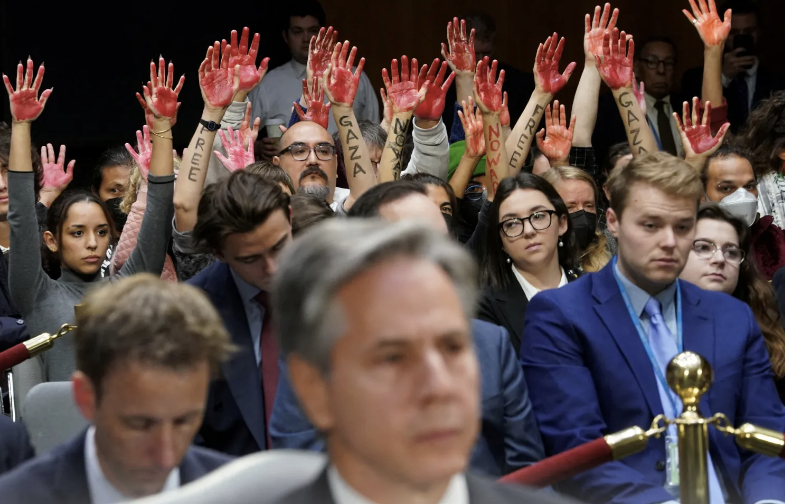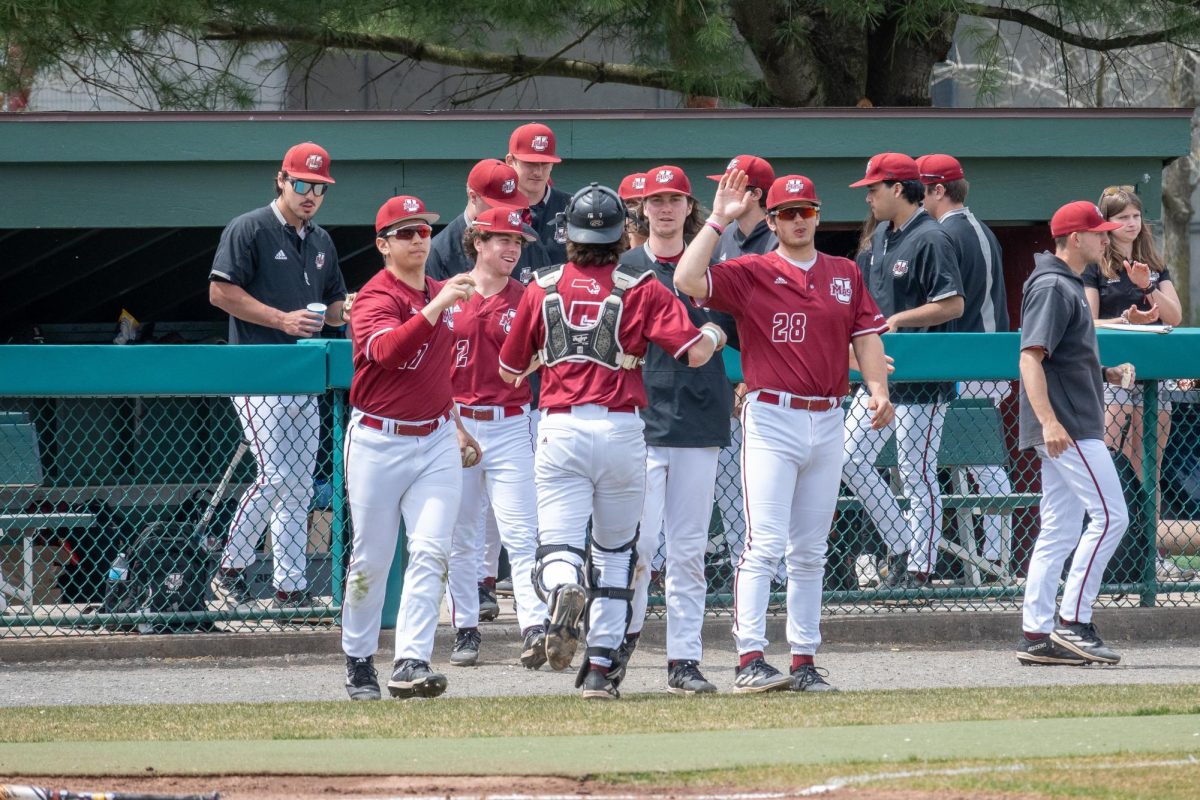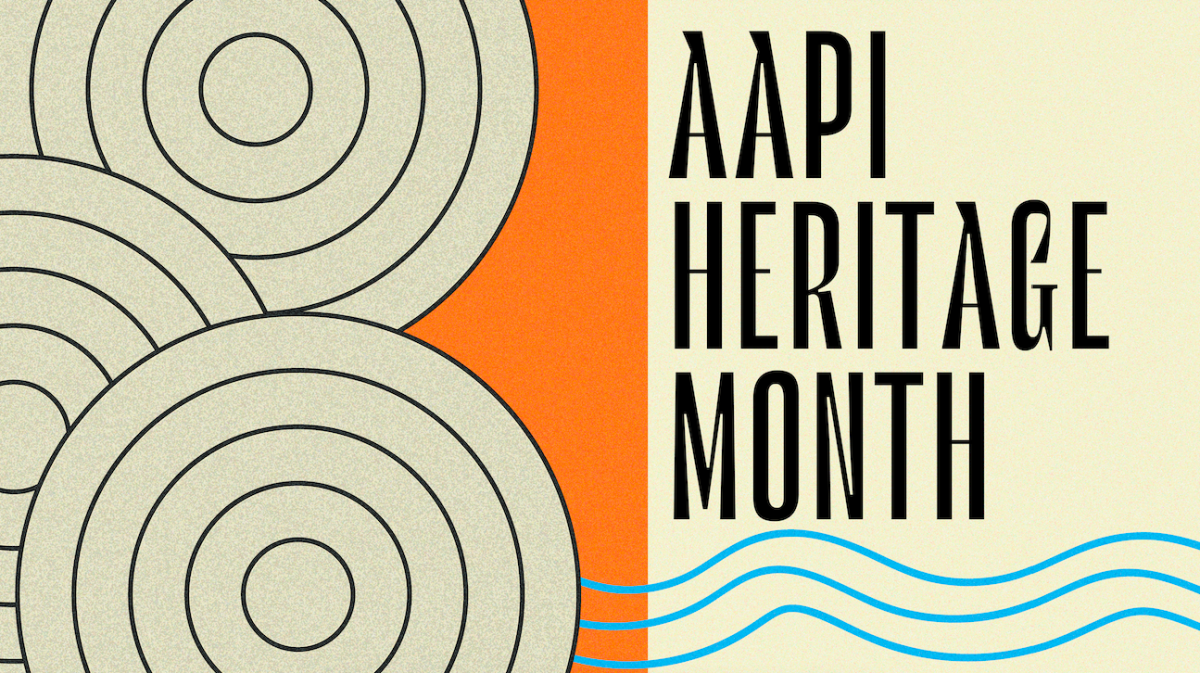It has taken the death of thousands to make us realize we’re not the only people out there. I hope you have been paying closer attention these past two months. I hope you have been watching with a more discerning eye. I hope you have reached the conclusion that the ornamental snow globe in which you live can be cracked with the slightest movement from the outside world.
Do you know what the term “Afghanistanism” means? It is the journalistic word for avoiding home front controversy by focusing news coverage on obscure, distant lands. In essence, it’s a way to describe little, harmless, countries we should only concern ourselves with if we have nothing else to talk about or are too afraid to stand behind the words we write about our own country. New York Times reporter J. Anthony Lukas coined the word.
“Afghanistanism” is the subjective idea held by the U.S. media about covering international news. The idea is that the further away a country is, the less important it is. That country doesn’t seem so far away now, does it? It doesn’t seem so unimportant now does it? Don’t you kind of wish that you had known a little more, that you had been paying attention?
You are only partly to blame. The negligence rests in the hands of the media. Start noticing the world around you now because it is obvious that you cannot count on anyone else to show or teach you anything.
Presently, the media is attempting to do a better job. They’re informing us about those distant desert lands. Those lands’ names – Israel, Persia, Saudi Arabia, Baghdad, Palestine, and Afghanistan – evoke images of masked strangers and oil wells. Last week, in the Science Times section of The New York Times there was a huge story about the Golden Age of Islamic research and discovery. Another story on the inside was about archaeological digs in Persia. In every paper in the nation, on any given day, there is now extensive coverage of the Middle East. It is only after we have been rattled awake that the dark spot on the map comes into focus.
One side of me, the side that deems my country the strongest, the smartest and the bravest says, “Why should I care, why should it matter what any little nobody country does?”
I know this is not right, and I should have realized it so much sooner. I should have asked more from myself. I should have noticed that the microcosm in which I exist is a very small part of a greater picture whose details I am just beginning to make out. I am guilty of not knowing and not caring. Chances are you are too.
I am sick of speaking about war and crumbling towers and lost loved ones and this feral disease that is attacking government institutions.
I was in New York City this past weekend, and there’s no way I can neglect my experiences there. I can’t help but think if not for “Afghanistanism.” I might have visited the New York I visited last fall. A New York that was indestructible. A city that went about its business, just like any other city, without the slightest bit of hesitation. A metropolis whose electrical current couldn’t be shorted out, ever. The New York I spent the weekend in was a different city, now residing in a different country. There is a different feeling in the air there now. There is uneasiness and fear. People are going on as they were before, but it is different somehow. I doubt I have to explain it to you because you know exactly what I’m talking about. You feel it too every time you turn on the news, open the paper or listen to the radio.
I attended a special gallery exhibit entitled: “Here is New York: Images from the Frontline of History: A Democracy of Photographs.” The exhibit, set up in an unleased store, displays random photographs that people shot on and after Sept. 11 of the Trade Center remains, and images of those around it. The images are still difficult and much more real than they are on television. These are photos, like those on your living room mantel and in your high school yearbook. These are real captured images. They do not look like movies or reality TV. They are snap shots.
The credo of the exhibit I saw is this, “The causes and effects of the events of Sept. 11 are by no means clear and will not be for a very long time. What is clear, though, is this: in order to restore our sense of equilibrium as a nation, as a city, and particularly as a community of individuals, we need to develop a new way of looking at and thinking about what has happened, as well as a way of making sense of all the images which have besieged us and continue to haunt us.”
This simple flier asks you to reflect upon the way in which you look at things and start looking at them, as I’m sure you have already begun to, differently.
We have been looking at the wrong images. While we were busy worrying about Jennifer Lopez’s backside and Elton John singing with Eminem at the VMAs, there was a world around us that was moving, scheming, and planning our destruction. Through an ironically coined word and other sins we missed it, we just didn’t see it coming, and now we are paying dearly for this oversight.
Remember this when you are suffering from your next inner struggle. You need only to stop what you are doing, glance at the world around you, and take heed that you are not the only one in it.






